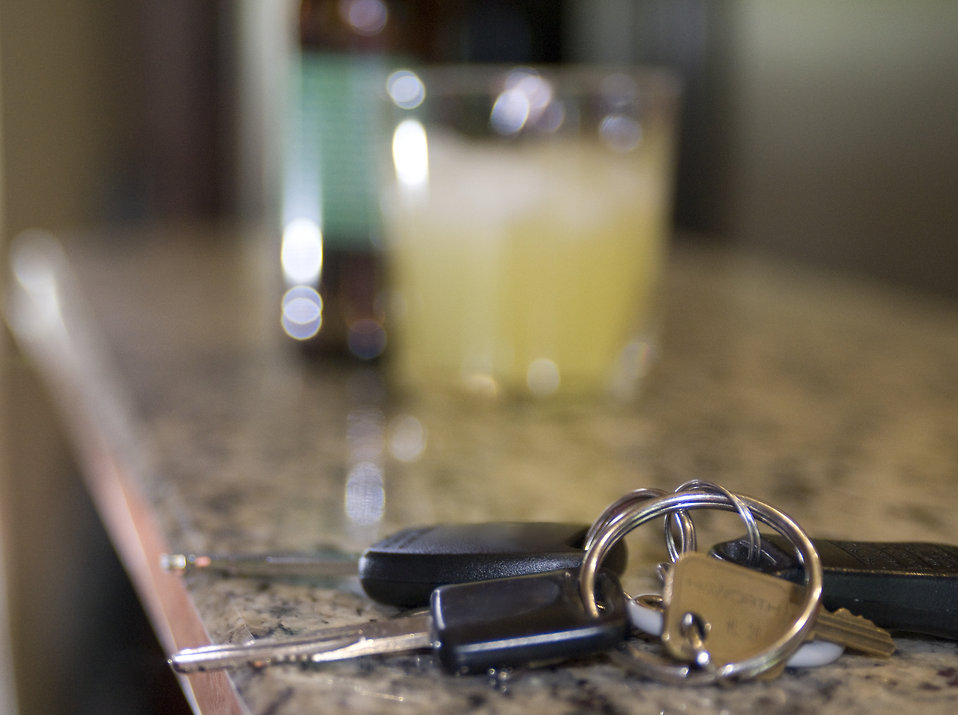Binge Drinking Cost County $594 Million
New report finds $3.9 billion impact in 2018 for entire state. Wisconsin ranks second in binge drinking.
Just in time for those year-end holiday and football watching parties come the most sophisticated study yet of the cost of binge drinking in Wisconsin.
Done by UW-Madison researchers, the “Burden of Binge Drinking” report estimated its 2018 cost at $3.9 billion – or about $660 for every Wisconsin resident.
Who paid that $3.9 billion? According to the report, binge drinking cost employers $2.6 billion in lost productivity; the criminal-justice system, $560 million; health care costs, $380 million, and other costs, $354 million.
The report came out as the governor and lawmakers debate, and passed, tougher laws on drunk drivers.
The study found that Wisconsin’s statewide rate of binge drinking by adults was 24 percent – second highest in the nation. The national average rate of binge drinking was 16 percent in 2018.
The study defined binge drinking as five or more drinks over two or three hours – an “episode” – for an adult male, and four or more drinks per episode for an adult woman.
The average Wisconsin adult who binge drinks did so 4.1 times per month in 2018, according to the study. But the binge drinking rate also varied widely by county. A Manitowoc County binge drinker, for instance, did so 6.4 times per month.
The study included the first county-by-county estimates of the cost of just binge drinking. An earlier report included individual county costs for a broader category of “excessive alcohol consumption.”
In Milwaukee County, for example, the estimated 2018 cost of binge drinking was $594 million. That broke down this way: lost productivity, $394.5 million; criminal justice system costs, $86.4 million; health care costs, $58.7 million, and other costs, $54.6 million.
Milwaukee County’s binge drinking rate was 22 percent and the average adult binge drinker did so 4.6 times per month.
Binge drinking statistics for other Milwaukee-area counties, according to the study:
-Waukesha County: Binge drinking rate of 22 percent in 2018, cost of $255.6 million, and 4.3 episodes per month.,
-Racine County: Binge drinking rate of 21 percent in 2018, cost of $118.2 million, 4.5 episodes per month.
-Washington County: Binge drinking rate of 24 percent in 2018, cost of $93.1 million, 5.1 episodes per month.
-Ozaukee County: Binge drinking rage of 20 percent, cost of $51.7 million, 2.8 episodes per month.
Overall, binge drinking has a “staggering economic impact” on Wisconsin, the report found. It was done by researchers Sarah Linnan, Jason Paltzer and Erin Skalitszky. “The impact of binge drinking affects everyone through increased spending on health care, lost productivity, crime and other costs,” the researchers concluded.
And, they noted, Wisconsin only collected about $60 million in taxes on beer and alcohol sales in 2018 – about 1.6 percent of the $3.9-billion impact of binge drinking.
“Reducing binge drinking among people age 18 and older is a public health priority for Wisconsin,” said Julia Sherman, outreach specialist for UW-Madison Law School’s Alcohol Policy Project.
Sherman said the new study on binge drinking is important for several reasons:
-“Look at the productivity losses” – $2.6 billion in 2018. “Don’t tell me industry doesn’t notice that when they relocate.”
-“Binge drinking directly impacts local property taxes – OWI arrests, fights, domestic violence, sexual assaults – all incur police, EMT and other emergency costs that go right onto the property tax bill. Here’s what we don’t know,” she added. “Wisconsin doesn’t ask emergency departments or law enforcement to track how many of their patients, or calls for service, are actually alcohol-related.”
-“Look at the impact on health care – the number of alcohol-related hospitalizations. Emergency department care is expensive.”
Meanwhile, tougher laws for drunk drivers were acted on in the Capitol this month. Last week, Gov. Tony Evers signed into law a bill sponsored by two Republicans – Sen. Alberta Darling and Rep. Jim Ott – that will require judges to give five-year prison sentences to those who kill while driving drunk. A judge who hands down a lesser sentence must justify it.
In some past cases, Darling said, “The driver is only incarcerated for two or three years. When someone takes the life of another, they must be given a sentence that provides justice for the family members who have lost a loved one.”
The state Senate also passed a bill requiring an 18-month prison sentence for fifth and sixth OWI offenses. Current law requires six months in prison for those violators. The Assembly must also pass it, however.
Steven Walters is a senior producer for the nonprofit public affairs channel WisconsinEye. Contact him at stevenscotwalters@gmail.com
If you think stories like this are important, become a member of Urban Milwaukee and help support real, independent journalism. Plus you get some cool added benefits.
The State of Politics
-
A Wisconsin Political Trivia Quiz
 Dec 15th, 2025 by Steven Walters
Dec 15th, 2025 by Steven Walters
-
The Fight Over Wisconsin’s House Districts
 Dec 8th, 2025 by Steven Walters
Dec 8th, 2025 by Steven Walters
-
The Battle Over On-Line Betting
 Nov 24th, 2025 by Steven Walters
Nov 24th, 2025 by Steven Walters






















